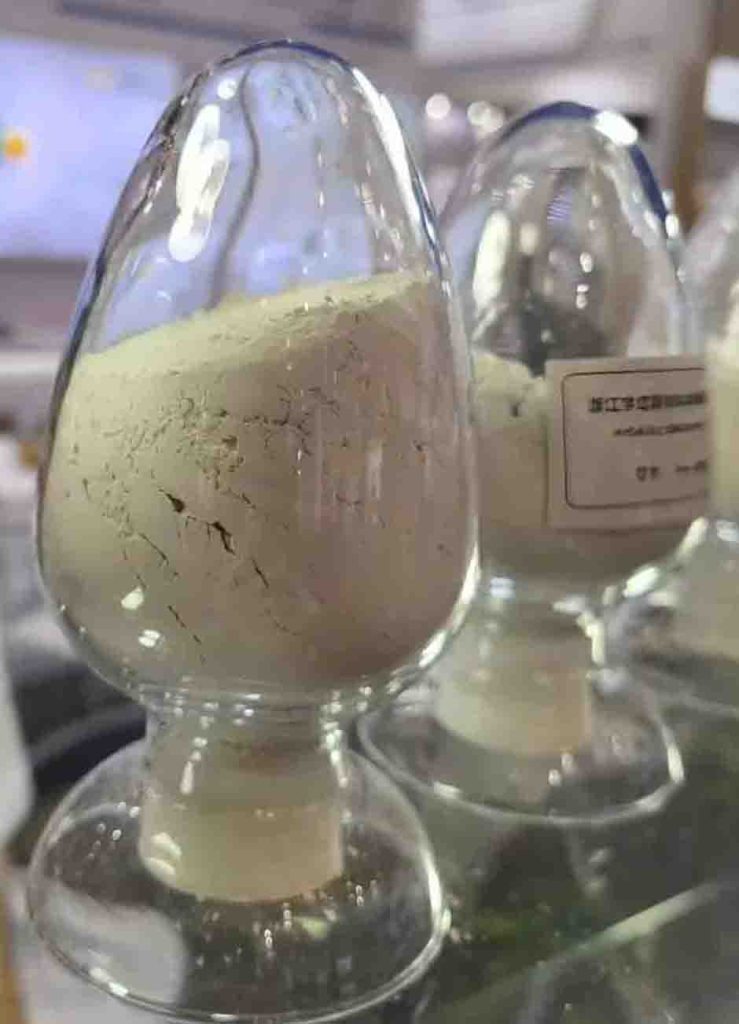Rheology Modifiers in Paints
Rheology in Coatings and Role of Rheology Modifiers
Organoclay as rheology modifiers have a significant impact on various aspects of the paint. It can influence the in-can properties. It can contribute to improving the texture of the paint while it is inside the can or in the container. Organoclay helps to maintain the paints’ structure and avoid sedimentation.
It also affects the application properties. This is how smoothly the paint spreads and adheres to a surface. If you don’t use a Rheology Modifiers in Paints formulation, the tendency is the paint won’t stick to the surface. It also improves the film properties, which determine the final appearance and durability of the painted surface.
Rheology modifiers like organoclay and organophilic clay are employed to achieve specific goals in paint and coating formulations, such as targeted stability and desired flow characteristics. They serve as anti-settling agents in solvent-based paints and water-based paints, preventing the settling of pigments and other solid particles inside the paint formulation for a consistent and uniform paint application.
Which Rheology Modifiers is Right for Your System?
Sometimes it’s difficult to choose and know what Rheology Modifiers in Paints you’ll use in formulating paint products. As easy as it may seem, you can choose between two kinds of rheology modifier. These are organic rheology modifiers and inorganic rheology modifiers. It is important to know your formulation as well as the type of rheology modifier you’ll use in your paint product.
Organic Rheology Modifiers | Rheology Modifiers in Paints
These type of rheology modifiers are derived from natural raw materials. These modifiers offer several advantages, including ease of incorporation, compatibility with various binders, and the ability to provide excellent thickening and anti-sag properties.
Inorganic Rheology Modifiers in Paints
These modifiers include materials such as clays, silicas, and specialty clays like bentonite clay or hectorite organoclay. Inorganic rheology modifiers are known for their ability to provide excellent thixotropic behavior and suspension properties. They are particularly useful in systems where improved flow control, leveling, and anti-settling properties are desired.
Specially Modified Clays
These special type of rheology modifiers has the best of both worlds. Commonly, an inorganic clay like bentonite has been processed to go through organophilization processes that improves the clay’s properties. This process combines the thickening and anti-sagging properties of organic rheology modifiers and the viscosity control and anti-settling properties of inorganic rheology modifiers. This makes organoclay the best choice for paints and coating formulations.
Rheology Modifiers & Waterborne Systems Performance
Modified bentonite organoclay is widely recognized for its ability to prevent sagging in water-based systems. It is derived from inorganic modified montmorillonite clay, typically appears as a fine white powder. It undergoes a processing treatment under 105 degrees Celsius for 2 hours, resulting in a moisture content of less than or equal to 10%. The bulk density of this modified clay ranges from 0.40 to 0.60g/cm3.
Modified bentonite organoclay exhibits viscosity of at least 1500 mPa·s when tested at a concentration of 3% in water. This high viscosity helps in controlling the flow and leveling of waterborne systems, ensuring a uniform and consistent application.
Advantages
Even at a low concentration of 2% in water, organoclay Rheology Modifiers in Paints is capable of forming a gel. It can effectively control the viscosity and flow of the system. Organoclay is also easy to disperse, allowing for convenient and efficient incorporation into water-based formulations.
The gel formed by organoclay is transparent and light in color, ensuring that it does not impact the appearance of the final product. That property is desirable when working with transparent or lightly colored coatings. It can also act as a pigment settling preventer, and that helps maintain pigments and solid particles remain uniformly distributed throughout the system.
Application
Organoclay used as rheology modifier in waterborne paints can be conveniently added directly as a powder. The recommended addition level of organoclay typically ranges from 0.2% to 3.0% based on the total weight of the formulation. You can add the organoclay powder directly to water with pH level ranging from 7.0 to 8.0. You can add other compounds in the mixture like the pigments, fillers and other additives. You can conduct post-correction as well to achieve desired results for your paint and coating product.
Rheology Modifiers for Solvent-Based Coatings
An organic derivative of a bentonite clay or organoclay can also be used as a rheology modifier in solvent based coatings as well. This additive offers several advantages, including ease of dispersion within the coating formulation. It is designed to work effectively in solvent-based systems that primarily consist of aliphatic and other non-polar to medium-polarity solvents. The modifier can seamlessly integrate into the formulation without causing any issues.
Advantages
Organoclay can be added at any stage of the manufacturing process, allowing for flexibility and ease of incorporation. Whether it’s during the pigment dispersion stage or during the final formulation adjustment, the Rheology Modifiers in Paints can be introduced to achieve the desired rheological properties.
It can also be used during post-correction stages. This means that if adjustments are required after the initial formulation, the Rheology Modifiers in Paints can be added to fine-tune the coating’s viscosity, flow characteristics, or sag resistance.
Applications
Organoclay, when used as a Rheology Modifiers in Paints, finds application in a wide range of solvent-based products. Its versatility and effectiveness make it a valuable additive in various industries. It is widely applied as a Rheology Modifiers in Paints with anti-corrosive , bituminous coatings, decorative alkyd paints, do-it-yourself paints, printing inks, primers, fillers, undercoats, traffic paints, and wood stains to prevent sagging, improve the application process, and enhance the overall performance of the coating. It also helps the solvent-based paints in-can properties to avoid sedimentation and many more.
In inorganic system paints and coatings, or in solvent-based systems, our rheological additives are worthy of your trust and try. He will help you improve the performance of the product, and the value displayed in the application will exceed your expectations. Our website will provide corresponding testing support, for example, providing free samples, for example, directly performing admiration adjustments in our laboratory, etc.


